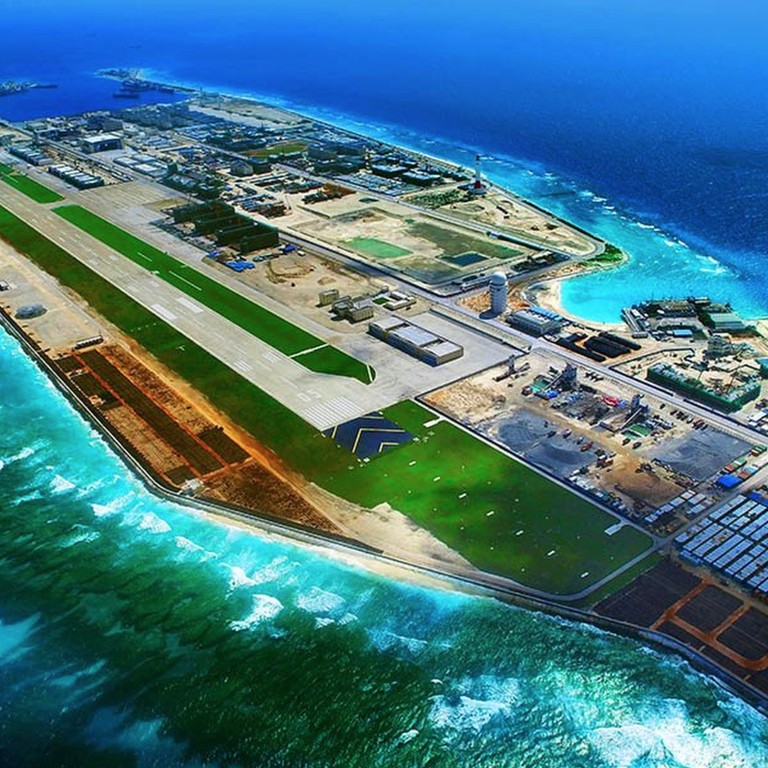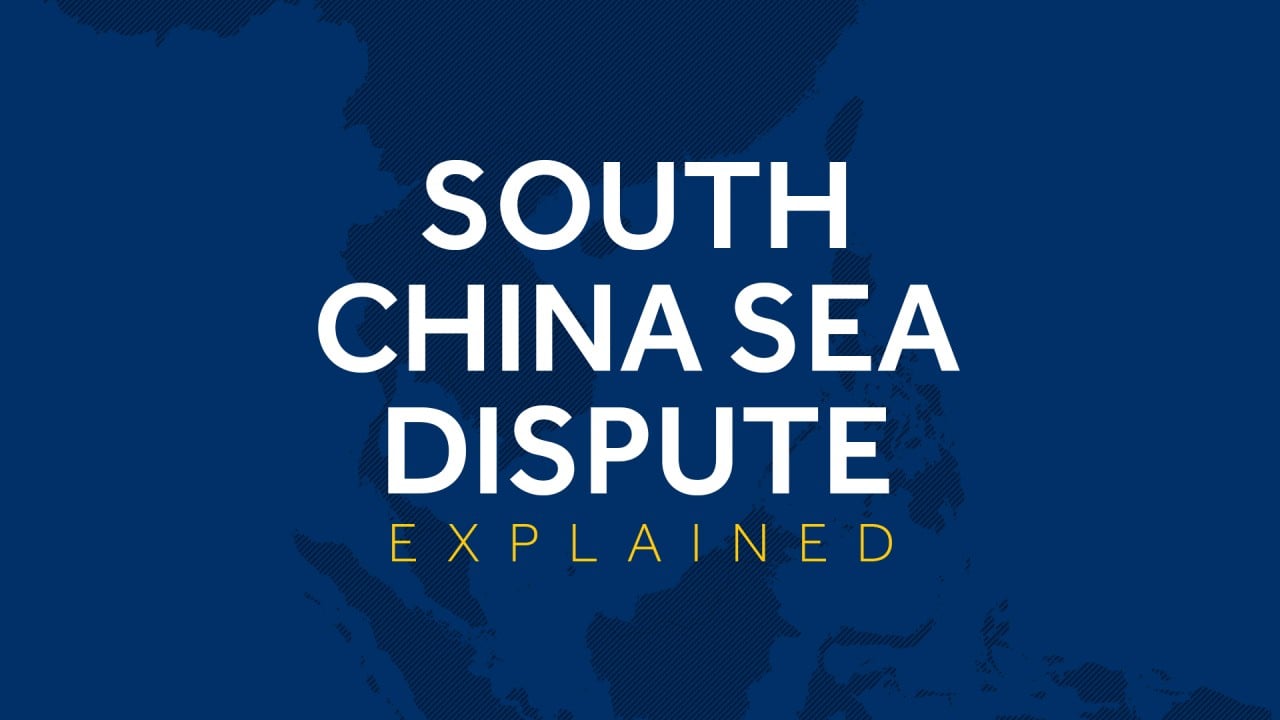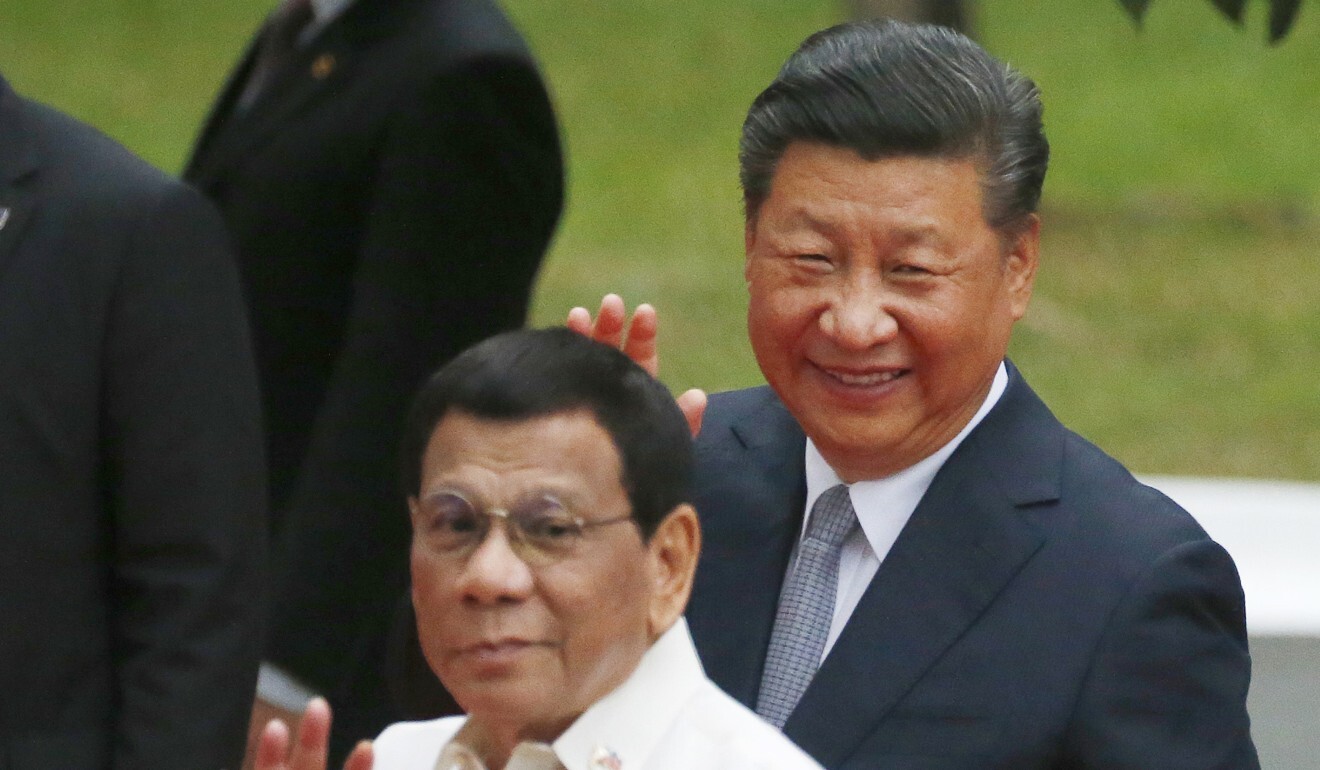
Philippines’ South China Sea arbitration win ‘non negotiable’, top diplomat says
- Foreign Affairs Secretary Teodoro Locsin Jnr made the remarks on Sunday while commemorating the fourth anniversary of the decision
- He also called on China to comply with the court’s award, which he called a victory for the Philippines and other law-abiding nations
“The award is non-negotiable,” Philippine Foreign Affairs Secretary Teodoro Locsin Jnr said on the fourth anniversary of the ruling by an international tribunal in The Hague that he said “conclusively settled the issue of historic rights and maritime entitlements in the South China Sea” based on the 1982 UN Convention on the Law of the Sea.
Is Manila pivoting back to the US with South China Sea warning?
“The tribunal authoritatively ruled that China’s claim of historic rights to resources within the sea … had no basis in law,” he said in a statement.

03:23
The South China Sea dispute explained
Meanwhile, the Chinese embassy in Manila on Monday said that the tribunal’s ruling in favour of the Philippines is “illegal and invalid”.
“China’s position is consistent, clear and firm,” the embassy said in a tweet, which was later deleted.
“The South China Sea arbitration and so-called award are illegal and invalid.”
Philippines rejects Beijing’s ‘administrative centre’ label on disputed reef

The ruling also upheld the Philippines’ sovereign rights over a wide stretch of waters called the exclusive economic zone, where Chinese territorial claims have delayed for years Manila’s plan to explore and extract potential undersea deposits of oil and gas.
Locsin said the arbitration tribunal ruled that certain actions within the Philippines’ exclusive economic zone violated the country’s sovereign rights and “were thus unlawful”. He outlined other Chinese violations cited by the tribunal, including the large-scale reclamation and construction of artificial islands that caused severe environmental damage.
“Compliance in good faith with the award would be consistent with the obligations of the Philippines and China under international law,” Locsin said. “We commemorate the issuance of the award as a celebration of the rule of law, as a means to settle disputes amicably … and clearly mark out who would be in the wrong to insist on claims contrary to this award.”

